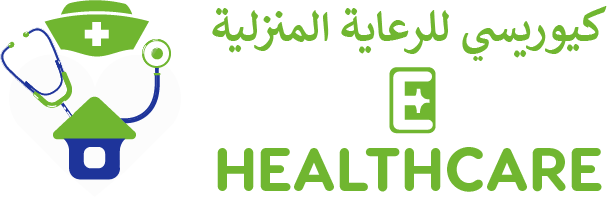Archives

Welcome to the beautiful journey of motherhood! After the excitement and anticipation of pregnancy, the moment has finally arrived – your precious bundle of joy is here. As you settle into your new role as a parent, post-delivery care for both mom and baby becomes a top priority. In this comprehensive guide, we’ll walk you through ten essential post-delivery care tips to ensure a smooth and nurturing transition for both of you. So, let’s dive in and explore the wonderful world of postpartum care!
Mom’s Well-Being – Embrace Rest and Nourishment
Managing Pain and Discomfort
Childbirth is a miraculous experience, but it can leave moms with some discomfort. Whether she delivered vaginally or via cesarean section, pain management is crucial. Follow the healthcare provider’s instructions on pain medications and remedies. Warm compresses or heating pads can also provide relief for sore muscles or perineal discomfort.Breastfeeding Support
Breastfeeding is a beautiful and natural way to nourish your baby. However, it can sometimes be challenging for new moms and babies to get the hang of it. Be patient and supportive during this learning process. Seek guidance from a lactation consultant if needed to ensure a proper latch and a comfortable feeding experience.Baby Care Basics – Hygiene and Diapering
Your little one needs special attention when it comes to hygiene and diapering. Keep your baby clean and dry by changing diapers regularly. Choose gentle and baby-friendly products for bathing and skincare to protect their sensitive skin. Be prepared for diapering emergencies and have all the necessary supplies within arm’s reach!Emotional Well-Being – Nurturing the Mother’s Mental Health
The postpartum period is an emotional rollercoaster for many moms. Hormonal fluctuations, exhaustion, and the challenges of caring for a newborn can take a toll on mental health. As a partner or loved one, offer emotional support and understanding. Encourage open communication and be attentive to signs of postpartum depression or anxiety. Remember, seeking professional help is never a sign of weakness; it’s a brave step towards wellness.
Maintaining a Clean and Germ-Free Home
Newborns have delicate immune systems, making it essential to keep their surroundings clean and germ-free. Maintain a hygienic living environment by regularly cleaning and disinfecting high-touch areas. Encourage visitors to wash their hands before handling the baby, and politely ask those who are feeling unwell to postpone their visit until they are better.Limiting Visitors – Prioritizing Bonding Time
As new parents, you’ll likely receive numerous well-wishers eager to meet the new addition to the family. While these visits are heartwarming, it’s essential to limit them, especially during the early weeks. Bonding time for mom, baby, and immediate family is crucial for establishing strong emotional connections and adapting to the new family dynamics.Regular Check-ups for Mom and Baby
Stay on top of your postpartum care by scheduling regular check-ups for both mom and baby. These appointments allow healthcare providers to monitor their health, address any concerns, and provide valuable guidance on post-delivery care and infant development.
Daddy Time and Other Family Members
Dads play a vital role in postpartum care too! Encourage fathers to participate actively in caring for the baby. Skin-to-skin contact and spending quality time with the baby will foster a strong bond between father and child. Involve other family members and siblings as well, creating a warm and supportive environment for the new addition.Battling Postpartum Depression – A Journey to Healing
- Persistent feelings of sadness or emptiness
- Loss of interest or pleasure in activities once enjoyed
- Extreme fatigue and difficulty sleeping or sleeping too much
- Changes in appetite and weight
- Irritability or anger, even over small matters
- Feelings of worthlessness or guilt
- Difficulty bonding with the baby
- Thoughts of self-harm or harming the baby
Seeking Assistance – The Role of a Caregiver in Postpartum Time
Roles of a Caregiver during Postpartum:
Choosing the Right Caregiver:
When selecting a caregiver, consider someone trustworthy, reliable, and compassionate. It’s crucial that the caregiver understands the specific needs of the postpartum period and is willing to offer the necessary support without judgment. Use a reliable healthcare provider to get the right caregiver.Other Services
Thyroid test at home
Error: Contact form not found.
You might also like
The Diagnostic Value of CT Scans
Lab test at Home Food Intolerance Doctor at Home Physio
The Vital Role of Vaccinations: Essential for All Ages
Lab test at Home Food Intolerance Doctor at Home Physio
Breastfeeding Awareness Week: Simple Tips for New Moms
Lab test at Home Food Intolerance Doctor at Home Physio

